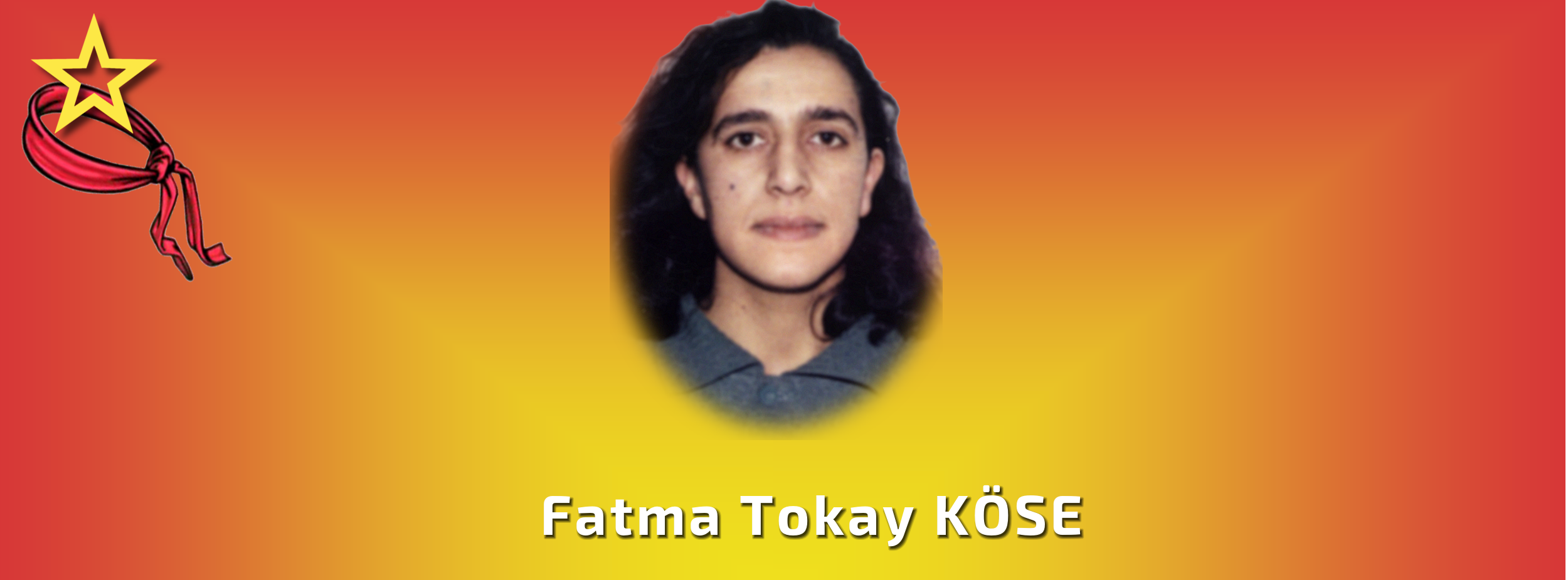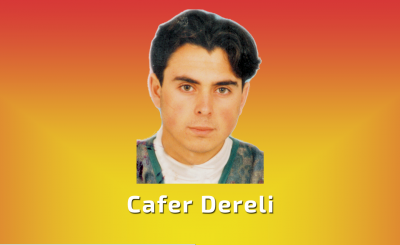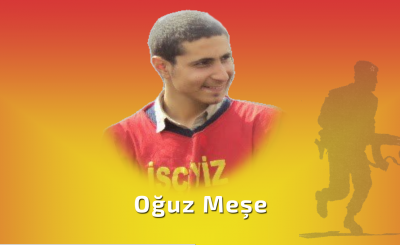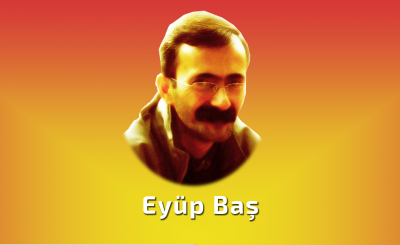“The name of hope and victory is the Party.”
Our comrade Fatma Tokay Kose was born on September 14, 1967 in the village of Catakli, Alacakaya District, Elazig Province. She belonged to the Kurdish (Zaza) nationality (Translator’s note: Zaza is a major and distinct dialect of Kurdish. It is particularly widespread in Tunceli or Dersim Province to the south of Elazig, but it is found elsewhere. Zaza is quite different from Kurmanci, which has the most speakers of all Kurdish dialects spoken in Turkey. Kurmanci is also spoken by many though not all Iraqi Kurds.) She attended elementary and middle school in Alacakaya and then went to the Kurtulus (Liberation) high school in Ankara. She began studying history at Hacettepe University. In the same year she got to know the revolutionary movement. Between 1987 and 1990 she worked in the Dev-Genc (Revolutionary Youth) committee on Beytepe campus. From 1989 to the end of 1990, she was imprisoned on three occasions for her role in actions in the academic and democratic struggles of youth.
In 1990-1991,she continued the struggle for rights and freedoms with Ankara TAYAD and Ozgur-Der (Freedom Association) in Ankara. After this she continued the revolutionary struggle among the impoverished working people in the shantytowns. She took on responsible roles in the Mamak and Altindag districts (in Ankara). She was also detained on a number of occasions at this time. Conditions prevailed which made it impossible to pursue the struggle in the legal democratic sphere on a major scale, so she continued illegal activities. She took on responsibility for the struggle and organising in the towns of Kirsehir, Nevsehir und Kirikkale.
In 1993 she was sworn in as a Devrimci Sol (Revolutionary Left) member. At about the same time she married our comrade Ali Osman Kose. She was detained on May 19, 1994, formally imprisoned on June 4, 1994 and put in Ulucanlar Prison. From Ulucanlar she was moved to Sakarya, and after the August 17 (1999) earthquake she was transferred to Canakkale Prison.
At the time of the 1996 Death Fast she was one of the volunteers for the Death Fast.
In 2000, when the F-Type attack came on the agenda, again she volunteered. At that time she said the following:
Under conditions in which they are trying to take away and destroy all our values and not even a fragment of justice, morality and dignity is to remain, I see no other way than for us to resist and struggle.
For she said:
“Our people, our land. Fighting for them is the reason we live. Next to the sufferings of millions of our people, the things that we will confront are scarcely worth mentioning. At a time when millions of our people are dying. And where it is a matter of being able to die for what I believe, namely that in this way a contribution can be made to ending the suffering of our people. What is one life?
Because the ideological, cultural and political strength, that is, resolve that we show will play a historic role in turning this period towards revolution. And we as the Party-Front possess this strength. In an atmosphere in which the legitimacy of revolution and revolutionism is open to discussion, the strength we show in dying for our people and land will strengthen hope.”
So for hundreds of days she endured hunger with resolve. She defended these beliefs in the face of massacres, solitary confinement and torture. She was a revolutionary for 15 years and throughout this period she held true to her beliefs. She became immortal for her beliefs. For her the name of hope and victory is the Party.
The Party was the brilliance in her eyes, the sun shining into her isolation cell and the future.
She became immortal by strengthening hope and bringing victory nearer. Our promise to all our martyred, struggling and resisting comrades is: these beliefs will live on, and people like Fatma will live on!




